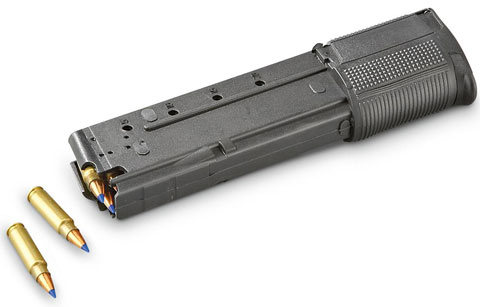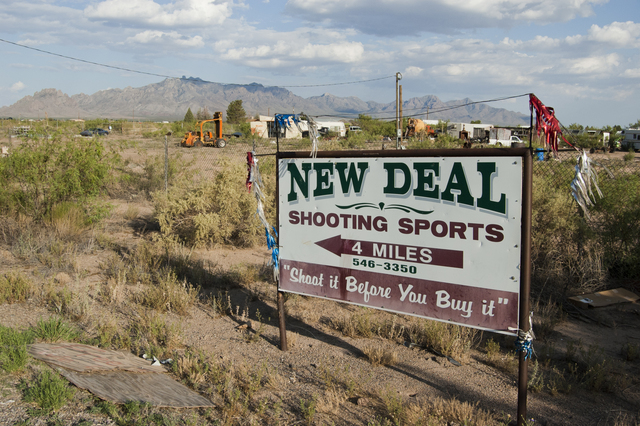Shoot: Guns, Drug Cartels, Federal Agents And The Apocalypse Collide In A Deming Firearms Store
Guns, Drug Cartels, Federal Agents And The Apocalypse Collide In A Deming Firearms Store



The Reese family's now-vacant New Deal gun store sits at the base of the Florida mountains southeast of Deming. A key informant in their case was convicted of receiving and transporting marijuana smuggled from Mexico, dropped via ultralight aircraft within miles of the property.
Margaret Wright









